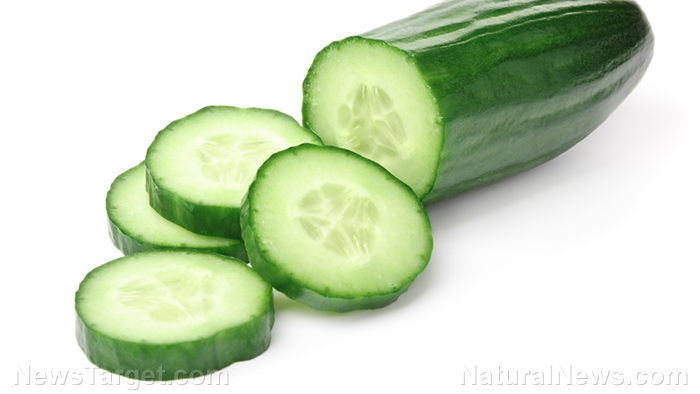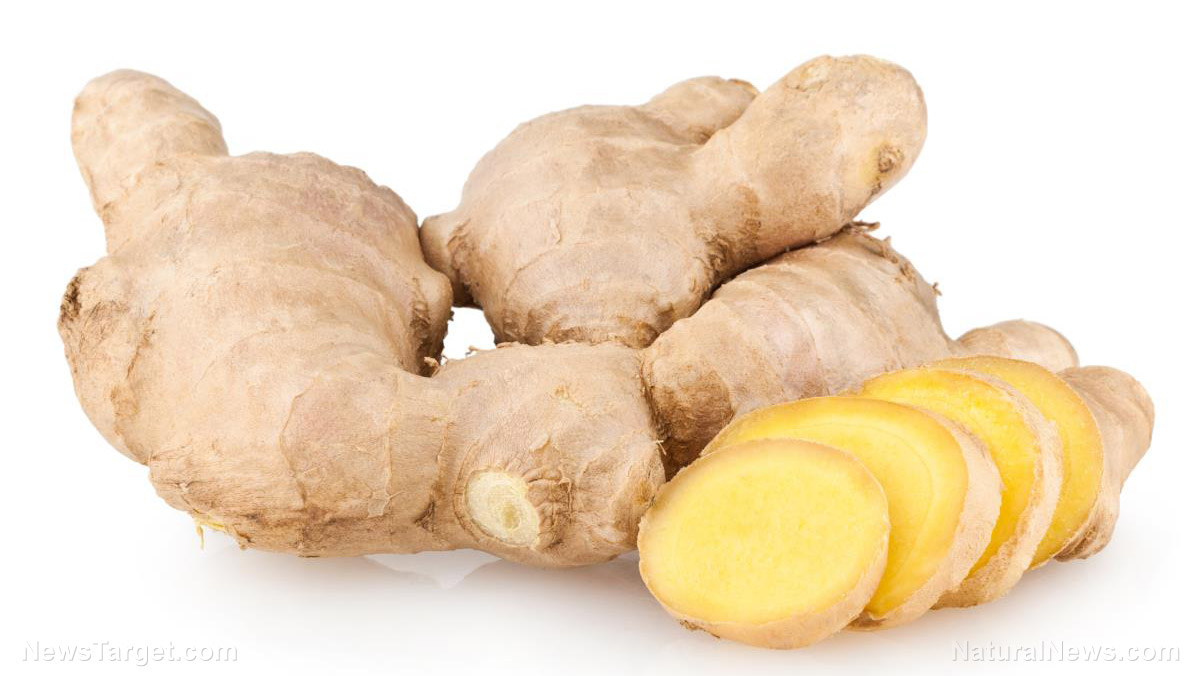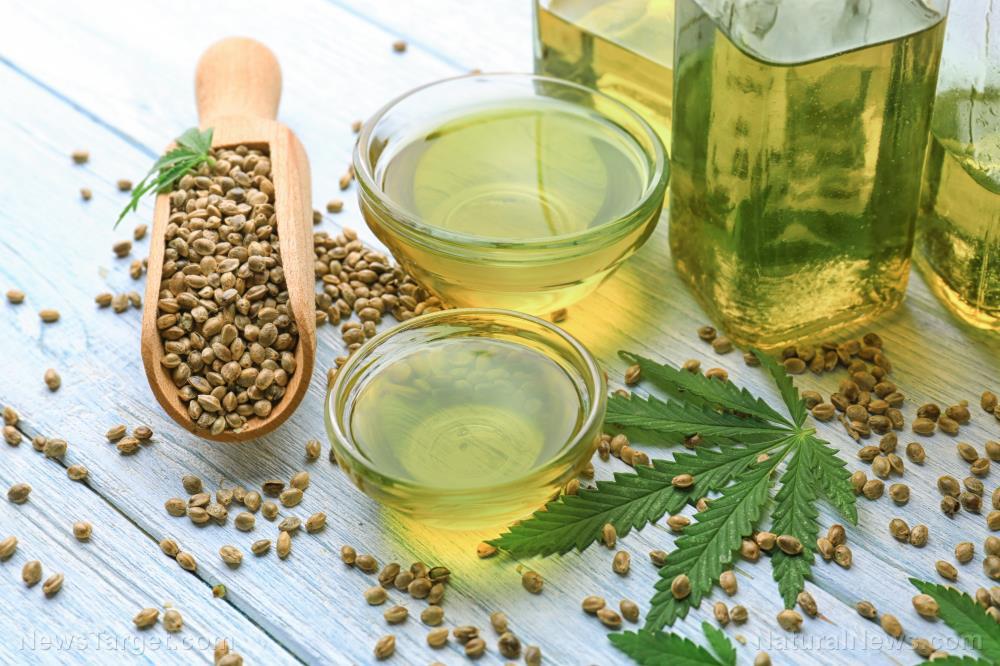Simple way to avoid the flu and common colds: Consume more probiotics
12/13/2018 / By Isabelle Z.

If you’ve shut yourself inside your house this winter in hopes of avoiding catching a cold or the flu, you’ll be glad to know that there’s a simple and natural way you can reduce your risk so you can get out and enjoy the holiday season.
Recent research published in the Journal of Clinical Gastroenterology shows that taking oral probiotics can prevent the flu and other types of respiratory infection, and boost your immunity. In a placebo-controlled trial that involved 250 participants, researchers tested out a mix of five different probiotic bacteria strains against the flu, and they found that they dramatically reduced the incidence of flu and cold alike.
In the study, the placebo group noted 16 flu episodes, while there were just three flu episodes in the group that took probiotics. This means the people who did not take probiotics had a four times greater likelihood of developing the flu.
It wasn’t just influenza that probiotics helped them avoid. The group taking the oral probiotic mixture also had a 35 percent lower incidence of the common cold. Among those who did get ill, the mixture made their symptoms less severe. Researchers reported the probiotics caused a 39 percent drop in the duration of coughs and a 22 percent drop in the duration of colds.
Further studies found that the same probiotic cocktail led to a 48 percent drop in the number of flu cases while slashing the number of days people experienced flu symptoms by 55 percent.
Five valuable probiotics for flu and cold prevention
The researchers made this powerful mixture using bacterial strains that past studies show support intestinal health. There were two forms of the Lactobacillus rhamnosis strain, two forms of Lactobacillus plantarum, and one of Bifidobacterium lactis.
Mother Nature's micronutrient secret: Organic Broccoli Sprout Capsules now available, delivering 280mg of high-density nutrition, including the extraordinary "sulforaphane" and "glucosinolate" nutrients found only in cruciferous healing foods. Every lot laboratory tested. See availability here.
Other strains are also believed to be helpful, however. For example, when researchers added a strain of Bacillus subtilis CU1, they found it worked remarkably well at stimulating the immune response of older adults at risk of respiratory infection. In addition to stimulating the immune system to secrete the antibody IgA, it promoted healthy gut bacteria and produced antimicrobials.
A French clinical trial that involved 100 adults between the ages of 60 and 74 found a statistically significant reduction in lower respiratory infections and a 45 percent rise in IgA in saliva among a group that took 2 billion microorganisms per day of Bacillus subtilis compared to the placebo group. Moreover, they noted that it was safe and well-tolerated.
In another study that was published in the Scientific Reports journal, researchers tested out Lactobacillus casei’s effects on the flu. They found that mice who took a low dose of the probiotic survived the flu, although they lost weight. Those that took the higher dose of L. casei survived the flu while maintaining their weight. Unfortunately, those who did not take any probiotics noted severe weight loss and ultimately died. They concluded that the probiotics gave the mice immunity against deadly secondary infections by protecting them from increasing viral loads and flu-related weight loss.
It makes sense that probiotics can help build your resistance to flu and colds when you consider the fact that the gut microbiome contains more than 70 percent of the immune system. If you’d like to get the flu protection benefits for yourself, you can take a daily probiotic, or you can get healthy bacteria from foods like kefir, yogurt, and sauerkraut. It’s a far safer and more effective route than getting the flu shot, and it has the added benefit of enhancing your overall health!
Sources for this article include:
Tagged Under: Colds, common cold, Flu, flu prevention, gut health, immune system, infectious disease, influenza, natural immunity, natural remedies, outbreak, prevention, probiotics, remedies




















